Boiling Fresh Eggs
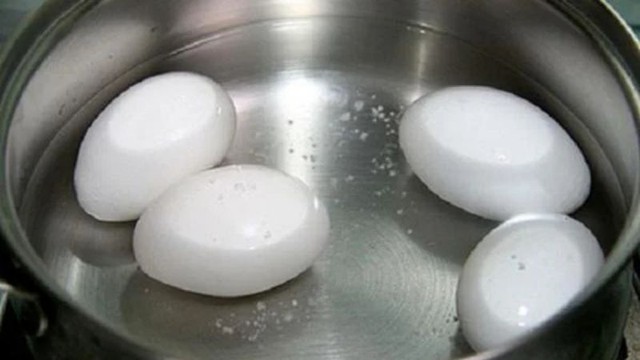
According to Lee Felicia from the California School of Culinary Arts, when eggs are fresh, the membrane is still tightly attached to the shell, making it difficult to peel. However, if the eggs are left for a longer period, the inside will contract, pulling the membrane and shell away. Fresher eggs have yellower yolks and thicker whites, making them more suitable for frying.
Boiling Eggs in Cold Water
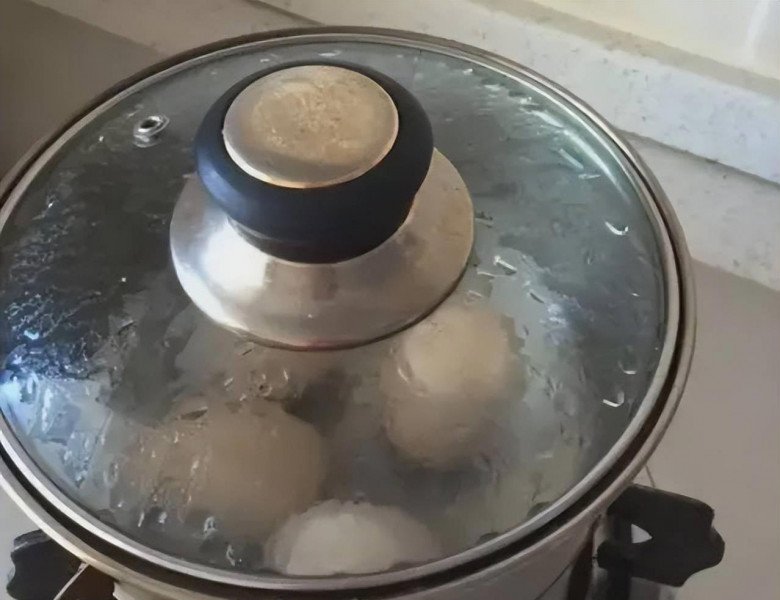
Some people believe that starting with cold water reduces the risk of cracked shells and results in softer egg whites. However, boiling eggs in cold water takes longer, and the membrane forms a strong bond with the shell and the egg white. For faster cooking and easier peeling, Felicia Lee recommends using boiling water instead.
Using an Inappropriately Sized Pot
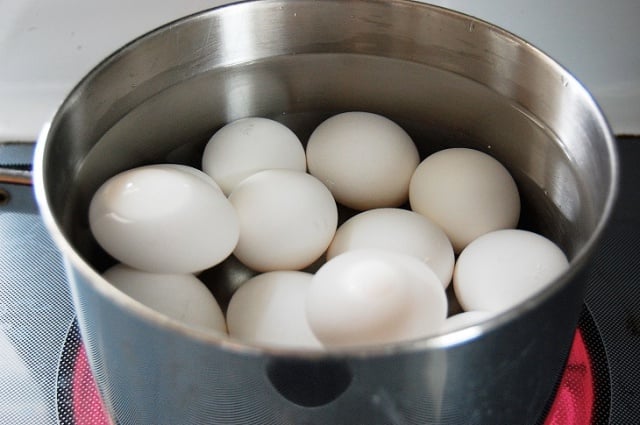
Using a pot that is too small for the number of eggs being boiled can lead to uneven cooking and cracked shells. When eggs crack during boiling, water seeps in, resulting in a blander taste. To avoid this, choose a pot that is appropriately sized for the quantity of eggs you wish to boil, and only boil one layer of eggs at a time.
Using Hot Water for Boiling
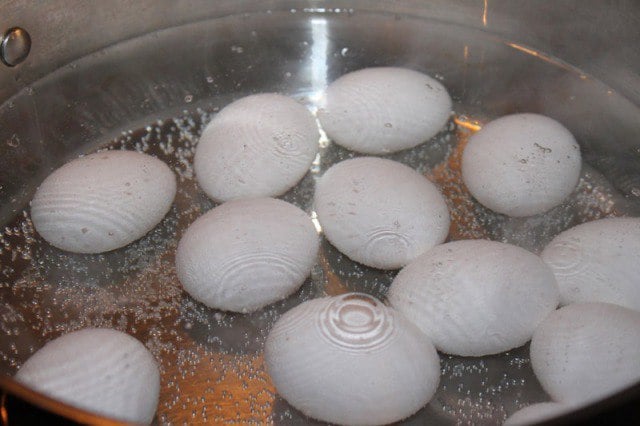
Using hot water to boil eggs in the interest of speed and convenience is a common misconception. This method actually increases the likelihood of cracked shells. It is best to start with cold water, simmer for 3-4 minutes, and then adjust to medium heat until the eggs are cooked. Adding a small amount of salt to the water can also help prevent cracking! Alternatively, you can use the previously mentioned method of boiling the water first and then adding the eggs.
Overcooking the Eggs
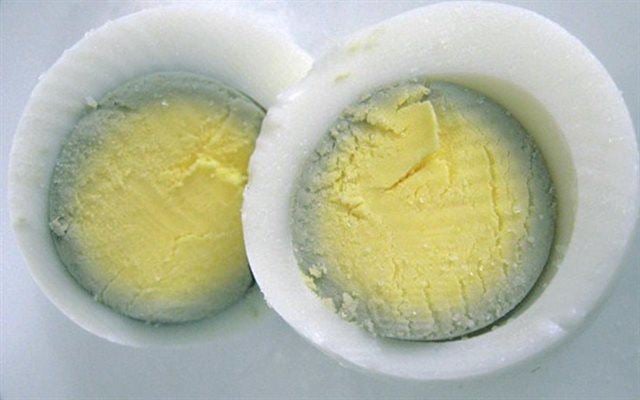
Overcooked eggs have grayish streaks in the yolk, a crumbly texture, and a slight sulfurous odor. Prolonged boiling can cause protein denaturation, affecting their nutritional value. They also become incredibly difficult to peel. For perfectly boiled eggs, place them in a pot, cover with cold water, and boil for 9 minutes for a soft-boiled yolk or 11 minutes for a completely hard-boiled egg.
Not Soaking Eggs in Cold Water After Boiling
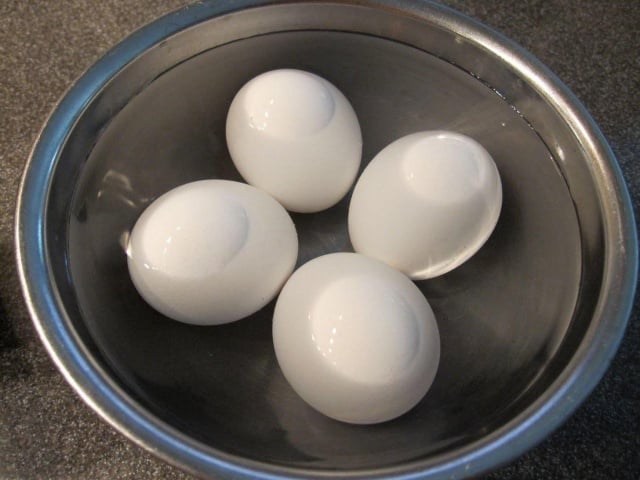
Even if you boil the eggs for the right amount of time, they can become overcooked if they are not soaked in cold water afterward. The residual heat will continue to cook the eggs, leading to overdoneness. Additionally, soaking boiled eggs in cold water helps cool them down and makes peeling easier.
Not Chilling the Eggs Before Peeling
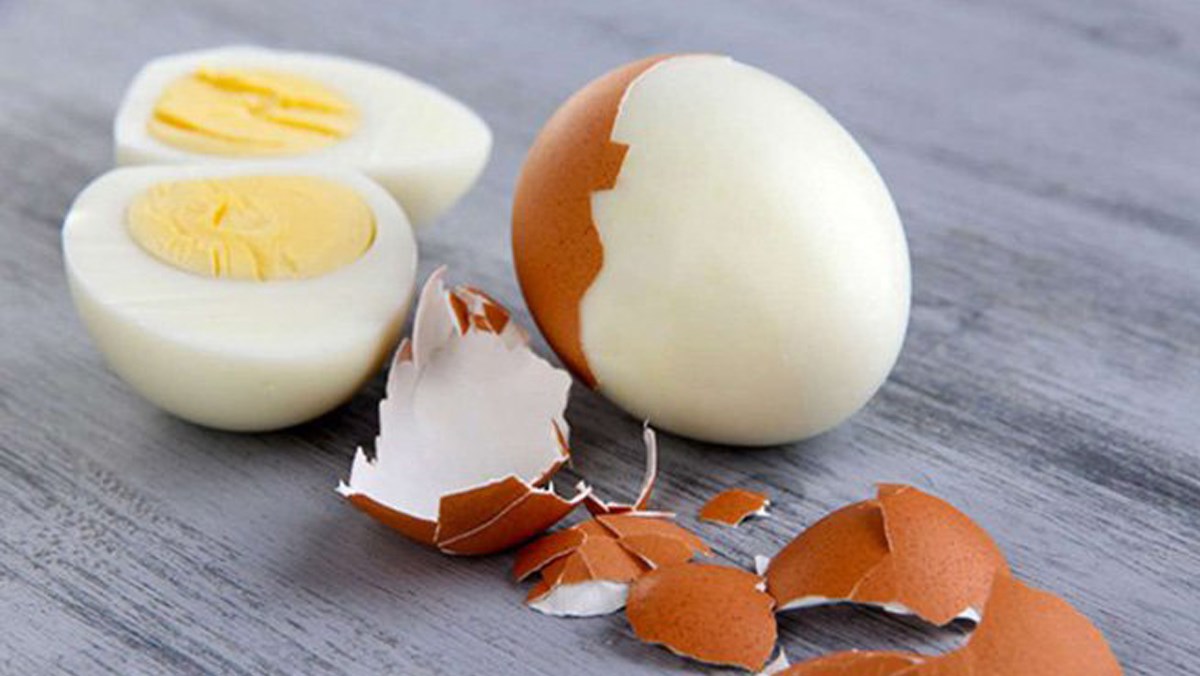
During cooking, the egg whites adhere to the inner membrane of the shell, only detaching when cooled. For easier peeling, quickly cool the eggs by immersing them in ice water after cooking. Letting the eggs rest in a bowl of cold water for about 15 minutes allows them to cool down, contract, and separate from the shell.
Tapping the Eggs Before Peeling
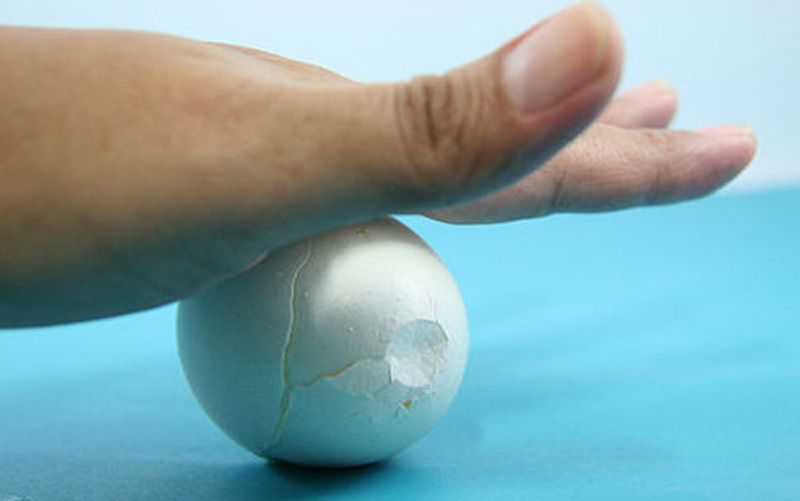
While tapping the eggs on a hard surface and then peeling them may seem efficient, it is not the quickest method. You may end up with tiny shell fragments on your egg or accidentally poke the yolk with your fingernail. Instead, gently knock the egg on the kitchen counter, then roll it between your hands or squeeze it gently until the entire shell is cracked. A tapped egg shell can be peeled off in just a few seconds.
Not Peeling the Eggs Under Water
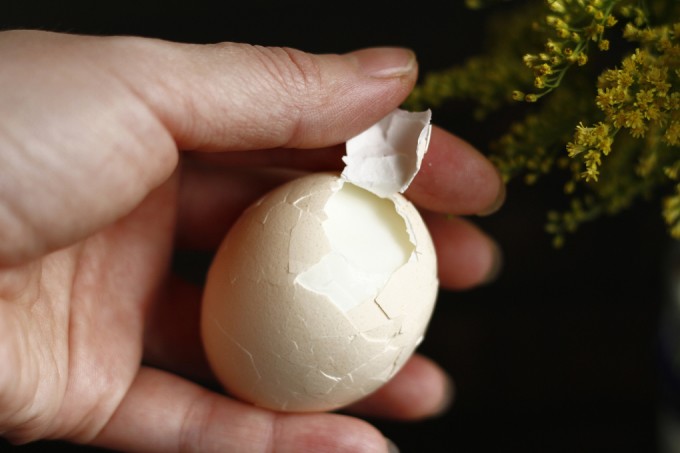
Fill a bowl with cold water or water at room temperature, crack the boiled egg, and submerge it in the water before peeling. The water will flow between the egg and the shell, making it easier to separate. It also washes away any remaining shell fragments. This method not only helps you achieve perfectly peeled eggs but also saves time and allows you to rinse the eggs under the tap.
According to GĐXH
































